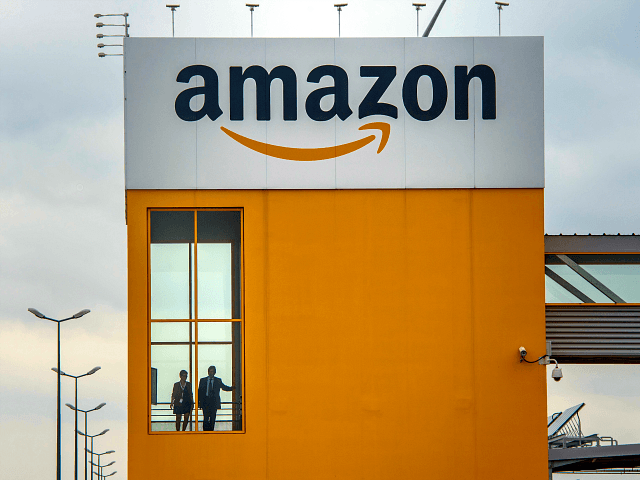Citing zoning laws designed to “preserve blue-collar jobs in a market in which housing and office space have typically generated higher revenues,” a media report said Amazon is expanding its hold on real estate in California’s Bay Area.
The move has raised the ire of some residents and stakeholders, according to the San Francisco Chronicle:
At 888 Tennessee St., at the foot of a slow street and across from Esprit Park, Amazon has established an UltraFastFresh logistics center. A half-mile southeast at 435 23rd St., just to the south of the Potrero Power Station, a large sign outside a 75,000-square-foot warehouse says “welcome Amazonians.” And farther to the south, at 749 Toland St., Amazon has a 112,000-square-foot delivery hub.
But Amazon’s biggest and most controversial incursion into San Francisco is a proposed 725,000-square-foot delivery hub at 900 Seventh St., a 6-acre rectangular parcel in Showplace Square that Amazon bought for $200 million. For decades that site was home to garbage trucks, a fleet of 300 that each morning would rumble out onto the streets of Showplace Square at an hour the streets were still dark and most city residents still in bed.
Now the trash trucks are gone — the garbage company Recology relocated them to Brisbane — but a proposal from the new property owner is causing consternation from neighbors who say that a heavy industrial use no longer fits in a creative neighborhood that has evolved into a mix of housing, design and artist spaces, light “advanced” manufacturing and an expanding California College of the Arts campus.
“To me it’s not about Amazon, it’s about the intensity of the use,” David Meckel, senior adviser to the president at CCA, said. “I’d have the same concerns if it were FedEx or UPS. For me it’s about urban design.”
Meckel said three daily shifts of 400 workers would require 2,800 car trips and that does not include 70 Amazon trucks that will be using the facility. He also said it would affect 1,600 students and residents who walk in the area.
Earlier this week, San Francisco Supervisor Shamann Walton, who represents the neighborhood where Amazon is putting its logistics center, introduced a bill that would put an 18-month moratorium on all new parcel deliver services in the city — a move that seeks to put another kind of lockdown on businesses in the post-coronavirus pandemic era.
Not surprisingly, the Food and Commercial Workers union and Teamsters back the legislation, which will require moving through the Land Use and Transportation Committee and eventually a vote by the full Board of Supervisors.
“The city needs the tools necessary to evaluate the impact of this project,” Jim Araby, a campaign director with United Food and Commercial Workers, said and added that Amazon has already opened more than 24 distribution centers in the area.
Moreover, according to the Chronicle report, Amazon’s operations are actually what the zoning laws intended for the impacted areas. And Recology sold the property to Amazon after residents rejected its 2018 plan to build about 1,000 units of housing there.
Anne Taupier, director of development at Mayor London Breed’s Office of Economic and Workforce Development, said the zoning laws that protect light industrial jobs is a good thing.
“A clear set of rules to play by were established and it really hasn’t changed since then,” Taupier said. “We think it has worked and is continuing to work.”
Meanwhile, big tech companies like Amazon hurt small mom and pop businesses, said Scott Mason, a San Francisco commercial real estate broker who specializes in industrial properties.
“Your everyday smaller company in San Francisco is having a tough time,” Mason said. “The venture-backed tech-driven company can pay more per square foot because they are not working off a regular balance sheet.”
Follow Penny Starr on Twitter

COMMENTS
Please let us know if you're having issues with commenting.